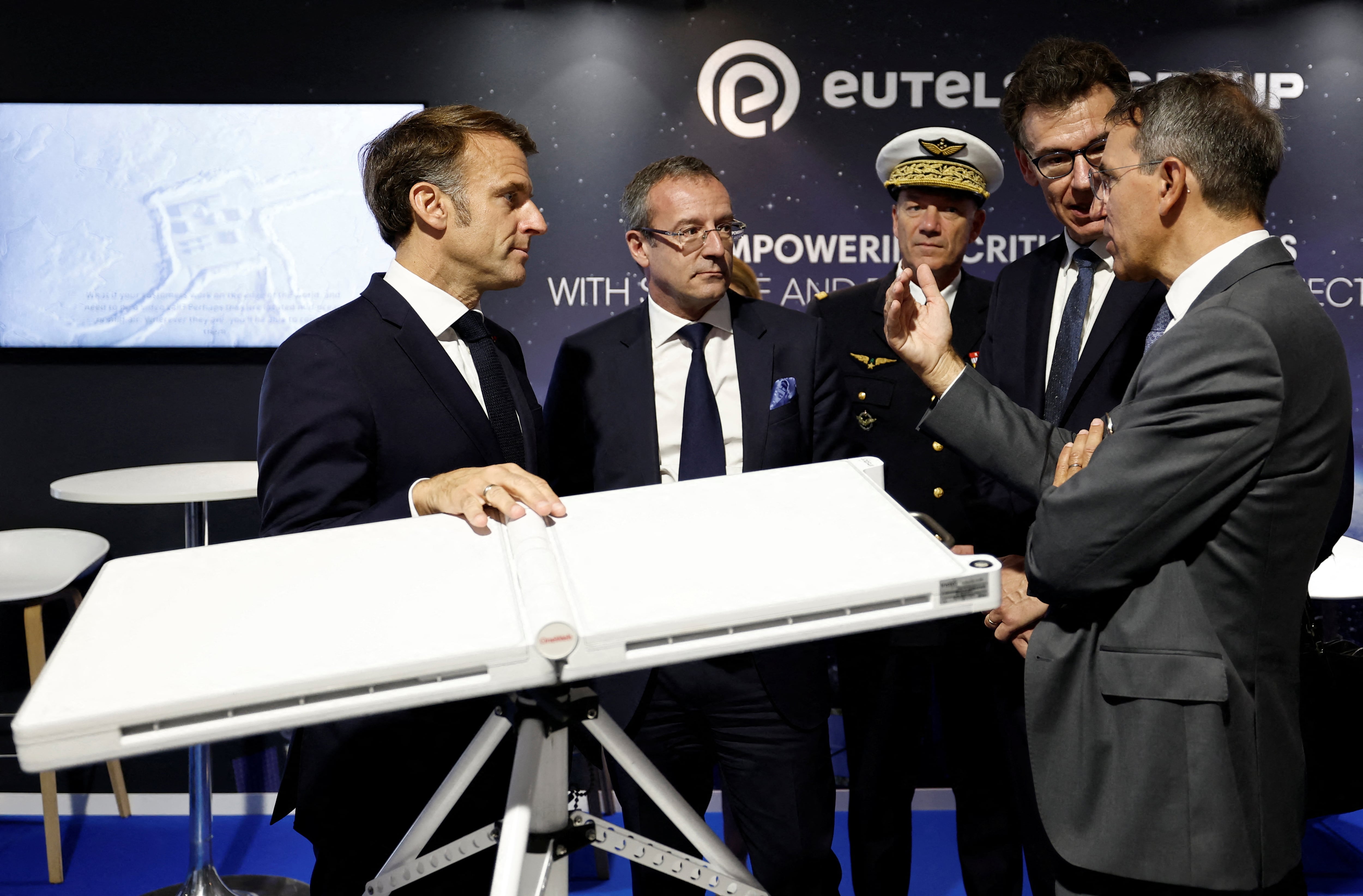Pilots and crews for remotely piloted aircraft feel the emotional effects of combat just like pilots in manned planes, an Air Force expert said Monday.
"The pilots specifically stated it was their personal responsibility to conduct the mission and weapons deployment in a serious manner," Lt. Col. Joseph Campo said at the Air Force Association Air and Space Conference.
Campo, a planner for Joint and National Security Matters at the Operations Directorate, Headquarters U.S. Air Force, recently completed a year-long study on the psychology of modern warfare as part of his doctorate at Air University.
With RPA operators forecast to become the largest pilot community in the future, there has been a concern among some that the pilots might be "morally disengaged" from their work and begin "basically treating warfare as a big video game," Campo said.
But his study of active component and Air National Guard pilots found most had emotional reactions to committing their first lethal drone strike, including worries about taking lives, protecting friendly forces, and avoiding potential collateral damage.
"I don't enjoy killing people," said an anonymous airman quoted in Campo's study. "I enjoy being good at my job. Lives hang in the balance based on your decisions."
Campo said his research also found that "none of the over 100 aircrew interviewed for this study considered their job akin to playing video games."
Indeed, his study found that RPA crew play an average of 2.4 hours of video games a week, slightly lower than the national average of 2.75 hours per week for adults ages 18 to 49 recorded by a study from the Pew Research Center.
"I'm not a child," another airmen was quoted as saying. "This is not fiction."
"This informs us that MQ-1 aircrew responded to environmental factors as we would hope in demonstrating signification emotional investment in their job," Campo said.
He said he also found 22 cases where pilots were given authorization to fire weapons, but did not because they believed the situation did not call for it or would cause too much collateral damage.
"The people that do this for a living do not believe they're playing a game," Campo said, adding he believes his research demonstrates that crews are doing "more than just following orders."
While some pilots are being trained from the start to fly RPAsdrones, many others are being transferred from other duties. Campo said drone strikes affected nearly all airmen equally, no matter their background.
"There's virtually no difference in emotion response rates to killing regardless of whether the air crew previously flew the A-10, was a security forces airman with multiple combat deployments, a load master in a C-17, or came into the Air Force and has been an….RPA crewman since we brought them into the Air Force," Campo said.
But Campo warned that RPA crews are also suffering mental strain similar to their comrades.
"We have had several cases of post-traumatic stress disorder," he said, noting that in addition to combat, RPA crews' mental and physical health sometimes suffers due to long duty hours and shift schedules.
The Air Force, Campo said, is assigning psychologists to wings to work with and monitor RPAdrone crews.








